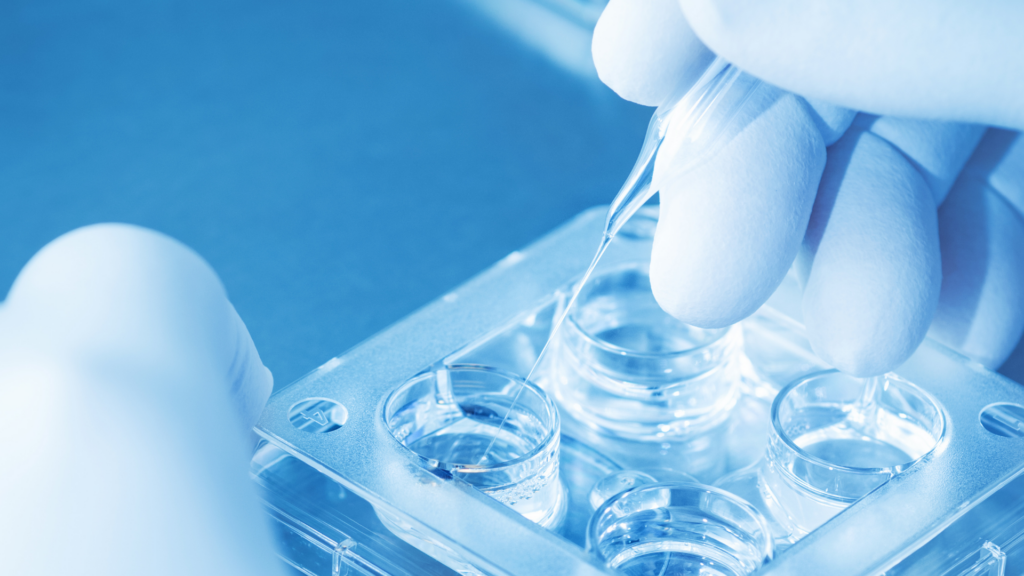Sperm banks in Belgium are chronically undersupplied and wait times for would-be families continue to grow, RTL Info reports. It can now take between six months and one year in order to obtain a healthy sperm sample.
As previously reported by The Brussels Times, around six in ten children raised from sperm donors have biological Danish fathers as much of the sperm used in Belgium are purchased from abroad.
With women having children much later in life than in previous generations, fertility has become a major issue, increasing the need for sperm banks. Each year, there are 8,000-9,000 artificial inseminations in Belgium, leading to the birth of 800-900 children. In 2019, the birth rate in Belgium was 1.57 births per woman, according to the World Bank.
“For a long time, we have been collecting our sperm abroad, including Scandinavian countries,” Annick Delvigne, head of the medically assisted procreation service at CHC MontLégia, told RTL Info. “But even with Scandinavian countries, we are obliged to respect a limited number of families, with a certain number of donors to avoid consanguinity.”
Related News
- Belgium struggling to meet demand for donor sperm
- Shortage of donations to Belgian sperm banks as demand increases
As a result of the rules and regulations, fertility centres find it difficult to have enough sperm on hand to offer to families with fertility issues. “It becomes excessively difficult, even with the help of foreign (sperm) banks, to have, within a reasonable time, sperm available for suffering couples,” Devligne added.
As such, prices at Belgian sperm banks are extremely high. One sample can cost around 400. This doesn’t necessarily mean that one family will spend just this amount. It often takes several attempts at insemination, as there is a 15-20% success rate each ovulation cycle.
Artificial insemination services are overwhelmingly used by single women or lesbian couples, who represent around 90% of the cases.

